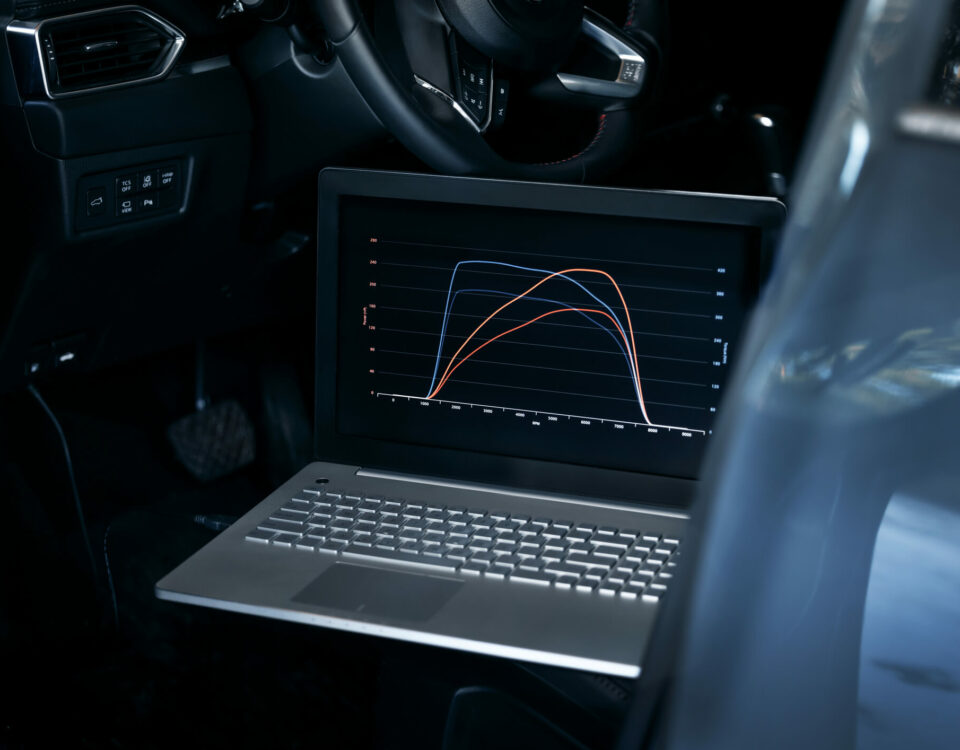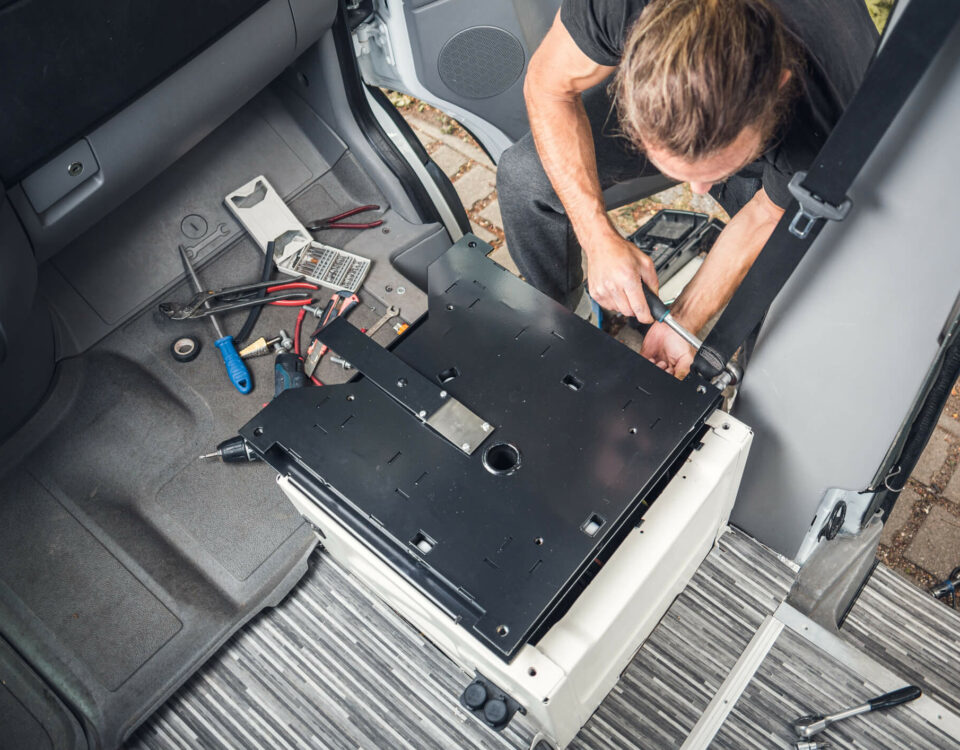Does Remapping a Diesel Engine Improve Fuel Economy?
Modifying your car is a great way to improve your driving experience and reduce fuel expenses, but it can be quite intimidating to most people. Fortunately, remapping can improve your engine performance in as little as 30 minutes, so modding your car is much simpler than you think.
But before you rush to find the best remap company in your area, read on to learn more about this process and how it may help you save money. In this article, we’ll explain how remapping works, its benefits and its potential drawbacks.
What Is Remapping?
Remapping, also known as ECU tuning, is the process of reprogramming a car’s Engine Control Unit (ECU) to improve the engine power or efficiency. Because the ECU controls the fuel injection, airflow and spark plugs, technicians can fine-tune your engine functions to give your car more power or greater efficiency without changing any physical components.
How Does Remapping Work?
A technician connects a computer with special software to your car’s serial interface (sometimes called an OBD port) and overwrites the code on the onboard computer. Depending on the make and model of your car, this can be an extremely simple process, and the best remap company may be able to carry out an ECU remap in as little as 30 minutes.
Is Remapping Good for your Engine?
Remapping your engine increases its performance but may place more stress on the mechanical parts, causing them to wear out more quickly. Modern cars are deliberately set to function at less than peak performance to comply with legislation around volume, emissions and safety.
While remapping unlocks a car’s full potential, it may cause more harm in the long run by increasing wear and tear on engine parts. As the old saying goes, the flame that burns twice as bright burns half as long.
Is a Remap Just a Software Modification?
Yes and no. Remapping your ECU is a pure software change, but some remap procedures involve physical modifications to improve performance even more. More involved remapping modifications use after-market modifications to improve engine performance whilst calibrating your engine to function at peak capacity.
These levels of remapping are known as stages: Stage 1 is a software update, while Stage 2 and up involve modifications like improved exhaust systems and high-pressure fuel pumps. More advanced stages of remapping often involve extensive physical modifications and typically offer a smaller return on investment as you’re striving closer to the limits of what your car can do.
Does Remapping A Car Improve Fuel Economy?
While one of the main goals of remapping is to improve engine efficiency and reduce fuel consumption, it can also improve performance at the cost of harming your fuel economy. High-performing engines are rarely the most fuel-efficient, so remapping your ECU to work harder and go faster may harm your fuel economy – even the best remap company can’t avoid this trade-off between power and consumption.
Advantages of ECU Remapping
Remapping may not be a dramatic modification, but a seemingly small tweak to your car’s onboard computer can have powerful benefits, including:
An Increase in Power And Speed
First and foremost, remapping can increase the speed and power of your engine, making it especially popular with people looking to mod their cars for improved performance.
Greater Fuel Efficiency
Secondly, calibrating your engine’s mechanical processes can make it more fuel efficient, allowing you to enjoy the same (or greater) performance whilst paying less for diesel.
Improved Control
Remapping should make your car more responsive, allowing for improved acceleration and a smoother ride, as it optimises your engine.
Additional Torque
Lastly, remapping should give your engine more power, making it quicker when accelerating, ascending a hill or pulling a lot of weight.
Potential Side Effects of a Remap
If you go to the best remap company, then ECU remapping is one of the safest and most cost-effective ways to improve your car’s performance, but it can have some drawbacks. Although some of these downsides only affect happen in cases of faulty remaps, an ECU remap can sometimes cause the following:
Increased Wear and Tear
Remapping makes your engine work harder and more efficiently, which can stress crucial parts like your clutch and brakes, though you can avoid most issues with regular maintenance.
Lower Resale Value
After-market modifications like ECU remaps may lower the resale value of your car, especially if you are trading it in with the original seller, though many people consider it a plus.
Voided Warranty
The warranty on your car may be voided if you make after-market modifications that the manufacturers do not authorise, so check your terms and conditions before getting a remap.
Voided Lease Agreement
If you are leasing or financing your car, modifications are usually against the terms of your lease agreement and may cause them to repossess your car.
Affects Your Auto Insurance
Depending on whether a qualified technician carries out the remap, some insurance companies refuse to cover modified cars and may cancel your policy if you get an ECU to remap.
Final Words
In summary, remapping is a safe and cost-effective way to improve the performance of your car when carried out by a qualified professional, so you should always use the best remap company you can find. While it can affect your insurance, warranty and resale value, remapping can improve your fuel economy and save you money in the long run, so we would recommend it to most diesel drivers.



